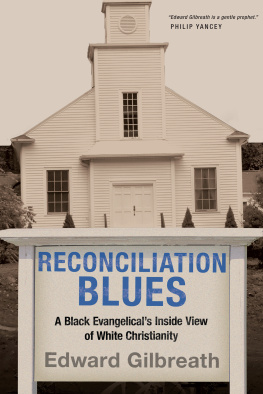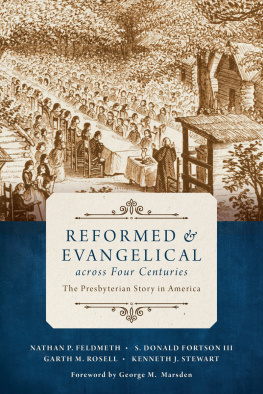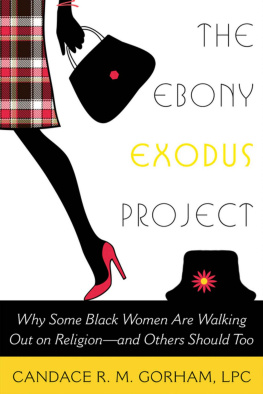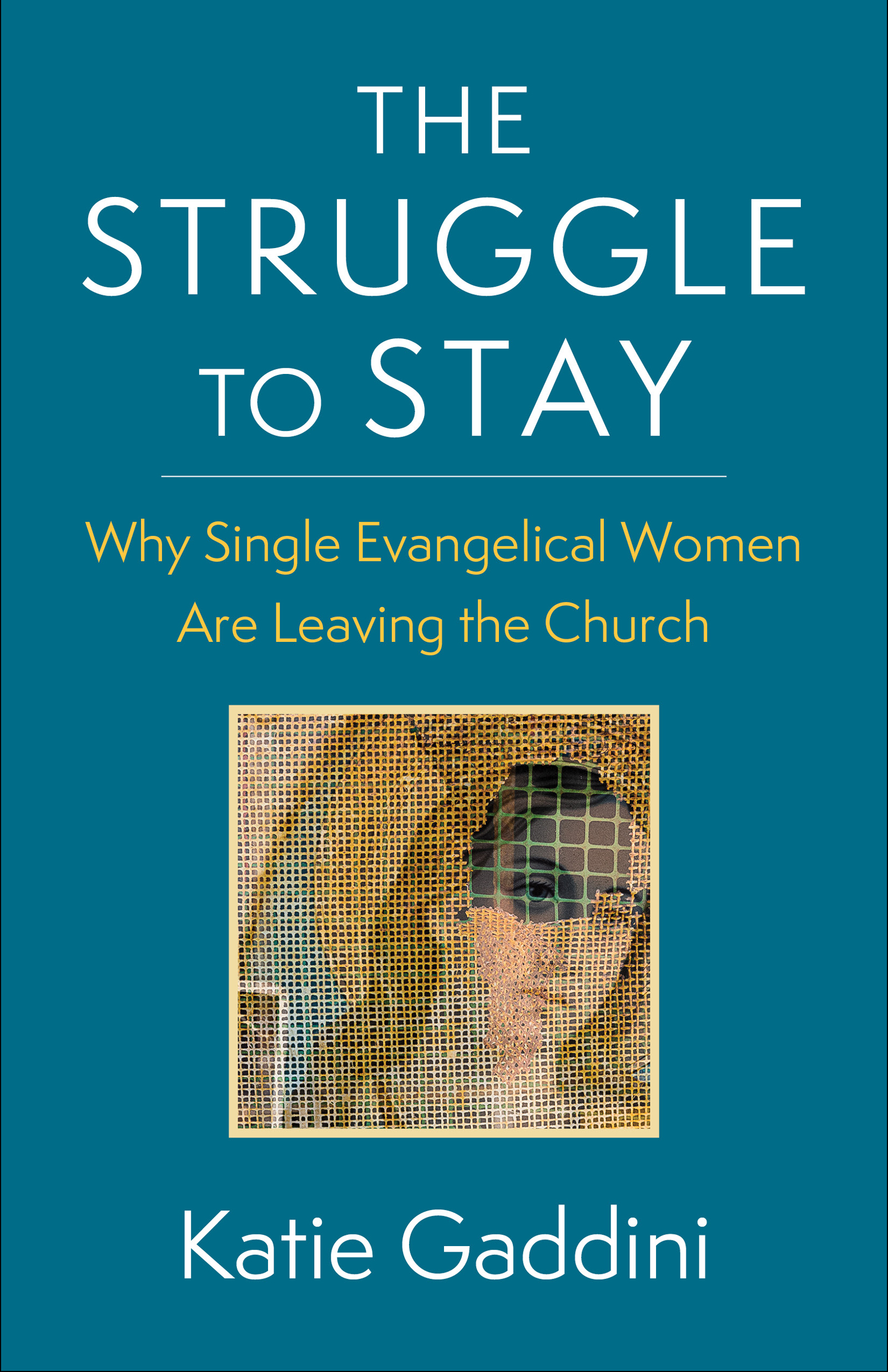Contents
Guide
Pagebreaks of the print version
THE STRUGGLE TO STAY
THE STRUGGLE TO STAY
WHY SINGLE EVANGELICAL WOMEN ARE LEAVING THE CHURCH
KATIE GADDINI
Columbia University PressNew York

Columbia University Press
Publishers Since 1893
New YorkChichester, West Sussex
cup.columbia.edu
Copyright 2022 Columbia University Press
All rights reserved
E-ISBN 978-0-231-55180-9
Library of Congress Cataloging-in-Publication Data
Names: Gaddini, Katie, author.
Title: The struggle to stay : why single evangelical women are leaving the church / Katie Gaddini.
Description: New York : Columbia University Press, [2022] | Includes bibliographical references and index.
Identifiers: LCCN 2021039853 | ISBN 9780231196741 (hardback)
Subjects: LCSH: Single womenReligious life. | Church membership. | Church attendance. | Evangelicalism.
Classification: LCC BV4596.S5 G33 2022 | DDC 248.8/432dc23
LC record available at https://lccn.loc.gov/2021039853
A Columbia University Press E-book.
CUP would be pleased to hear about your reading experience with this e-book at .
Cover design: Milenda Nan Ok Lee
Cover art: Lily Bungay
For Addy
CONTENTS
A few years ago, on a gray afternoon in New York, I attended a feminist arts festival with my friend Carys. We met in midtown Manhattan and, running late, hurried up to a talk called Faith and Feminism, which featured a panel of women from different religious backgrounds. As an earnest young academic, I was hoping to meet the editor of Magnify, a magazine for evangelical women, who was due to speak about Christian feminism. The panelistsMuslim, Orthodox Jewish, and Christian womeneach shared how their faith supported their feminism. The women referred to their own personal stories, at times drawing on scriptures. When, halfway through the event, the chair of the panel turned to the audience and solicited questions, a middle-aged woman timidly raised her hand. The chair of the event gestured for the microphone to be passed to the woman, and members of the audience shifted in their seats as they waited.
The woman brought the microphone close to her mouth, sat up a bit straighter, and then started to speak. Im so tired of fighting Christian church leaders to be treated equally. But at the same time, I dont want to leave the church. So, what do I do? She paused before reformulating her question: How do I stay?
Her inquiry was met with silence, as uncomfortable fidgeting moved through the audience. Out of the corner of my eye I glanced over at Carys, knowing full well her similar frustrations with the church. Carys gazed straight ahead, implacable. Her body remained unmoved except for the gentle play of her fingers crisscrossing each other again and again.
That audience members question stayed with me long after the event. It ended up catalyzing four years of in-depth research with single evangelical women, and it now drives this book. Through the intimate stories of four women, this book grapples with the complex question Why do women stay in a religion that they consider oppressive?
Carys was in her thirties and was working as a pediatric oncology nurse when we met. We bonded instantly at a service at Wellspring Community Church, a large and influential evangelical church in New York City. I had attended the service that wintry evening on the invitation of Liv, a cheerful woman with a heart-shaped face who worked at the church as director of communications and led a feminist group called Women Rise. Among the women profiled here, Liv faced the longest and most painful battle with the churchright up until the end.
The same night I met Carys, I also met Jo, a no-nonsense Midwesterner who wanted to make the church more inclusive for women. Jo grew up in the suburbs of Chicago, where her parentsboth pastorsencouraged her to read feminist classics while also learning the biblical justification for feminism. In time, however, she too would question her devotion to the church. Carys, Jo, and Liv all ended up working for Wellspring at some point during my research, and their struggles with the majority male leadership intensified as the church served as both a workplace and a place of worship.
Maddie, the other single evangelical woman whose narrative I trace closely, attended Thames Gathering Place, a popular evangelical church in London. A reserved and stylish artist, Maddie also wanted to be valued as a single woman in Christianity, though she never aspired to church leadership. These four womens desires and ambitions within Christianity vary, as do their opinions on feminism, politics, and theology. Yet through the events that unfolded over four years, their lives collided, and their stories spun together in unpredictable, intimate ways.
I chronicle these womens experiences alongside prolonged, in-depth research I conducted with other single evangelical women in the United Kingdom and the United States over six years. To answer the question of why women stay in the church, I lived among, observed, and interviewed evangelical womena research method known to anthropologists and sociologists as ethnography. On a practical level, this meant I regularly met with the women casually. We hung out a lot. I read the books and magazines they read, participated in group texts, went on coffee dates and for walks in the park. I attended their birthday parties and met their other friends, and sometimes their families, too. Many believers experience of evangelicalism is all-encompassing, so ethnography allowed me to examine which areas of womens lives their faith touched and which areas it did not. Focusing in on quotidian social exchanges, practices, and ways of being inside and outside of the church revealed the subtle burdens that single evangelical women bear by remaining in the church.
I have conducted more than fifty interviews with evangelical women, the majority in New York, London, and California. These women come from different countries and Christian denominations, and while they all desire to be accepted and validated in their church communities, they did not all aspire to church leadership. Zibby, for example, yearned for a Christian marriage, children, and a career. A stylish advertising executive in Austin, Texas, Zibby would never call herself a feminist. She hated public speaking and had no interest in pastoring. Another woman, Olivia declared, My hearts cry is to be married. At the age of just twenty-three when we spoke, Olivia already worried that she might end up like her single Christian friends in their thirties who were still single and experiencing the pain of an unmet desire.
I returned to these women again and again over the years to ask follow-up questions and clarify certain points, especially as I wrote this book. I chose to focus on a community of evangelical women, who are not bound to a church and who carry their faith with them across various locations, rather than to study one particular church. Even though most of the women featured here attended Wellspring or Thames Gathering Place, many migrated elsewhere. As this book makes clear at various junctures, this is not the story of one single church. Its the story of what it means to be single and female in evangelical Christianity.
In New York, I joined a Bible study group led by Liv, with other single women in their twenties and thirties. We met once a month in someones home and combined brunch with prayer, Bible study, and conversation. I also attended womens-only events and Sunday services at different churches. My fieldwork journal contains thoughts, observations, and quotes from these interactions, which I have transposed onto these pages. Over the past four years, I have remained embedded in the social circles of several women I met, and as is often the case in ethnographic research, I have become very close to these women. Our ongoing relationships inform the detail and depth of this book.







